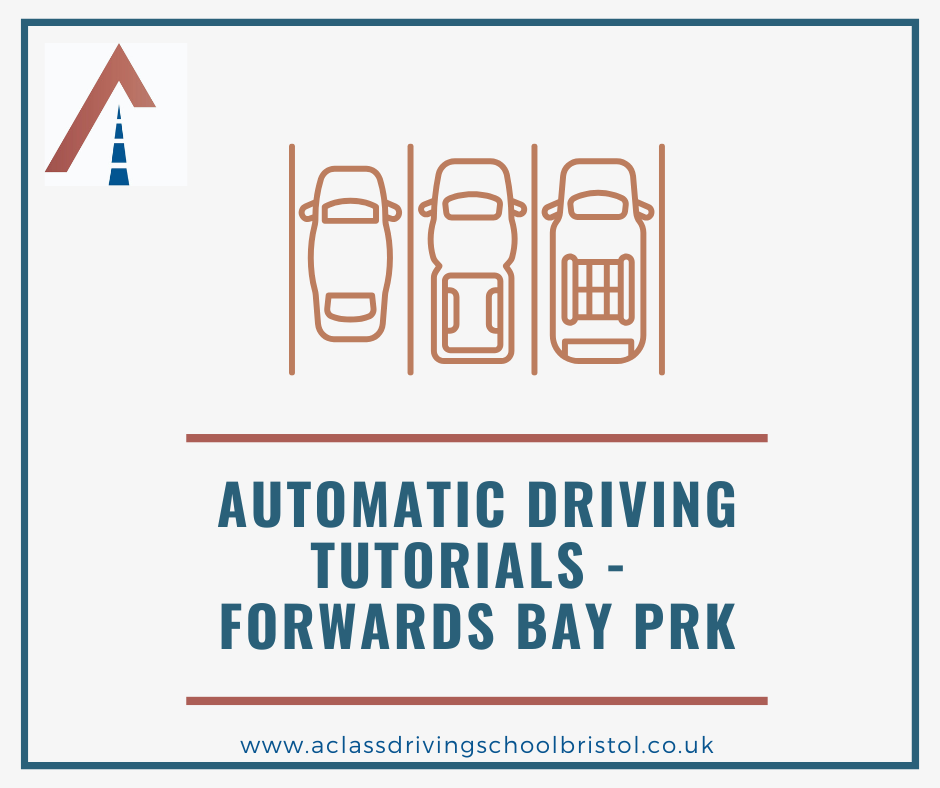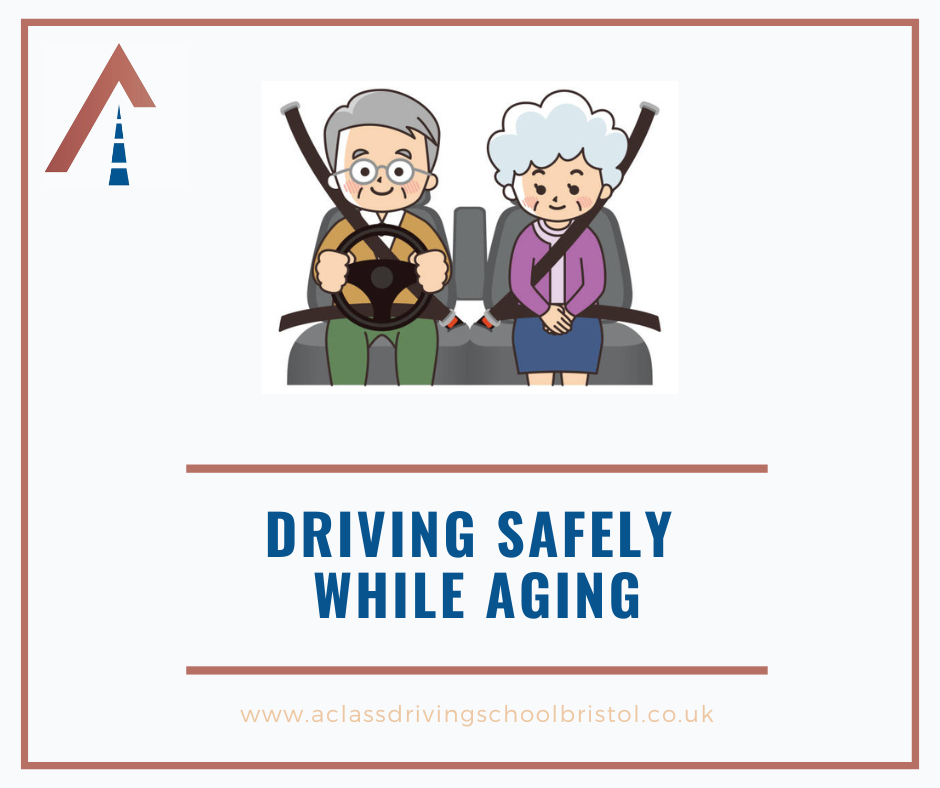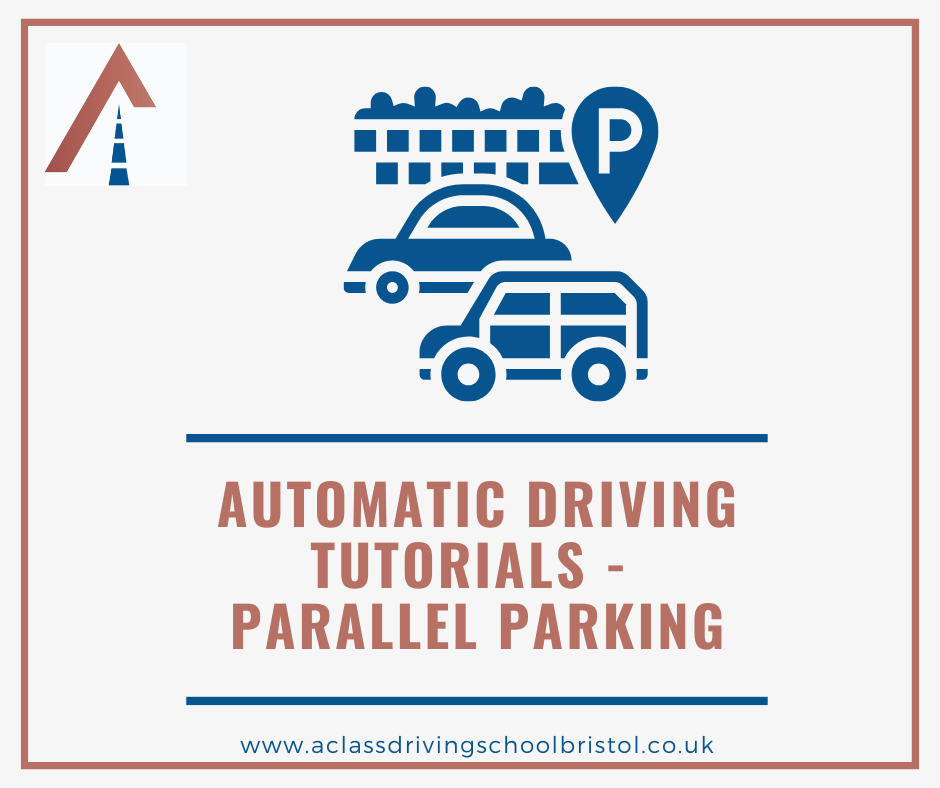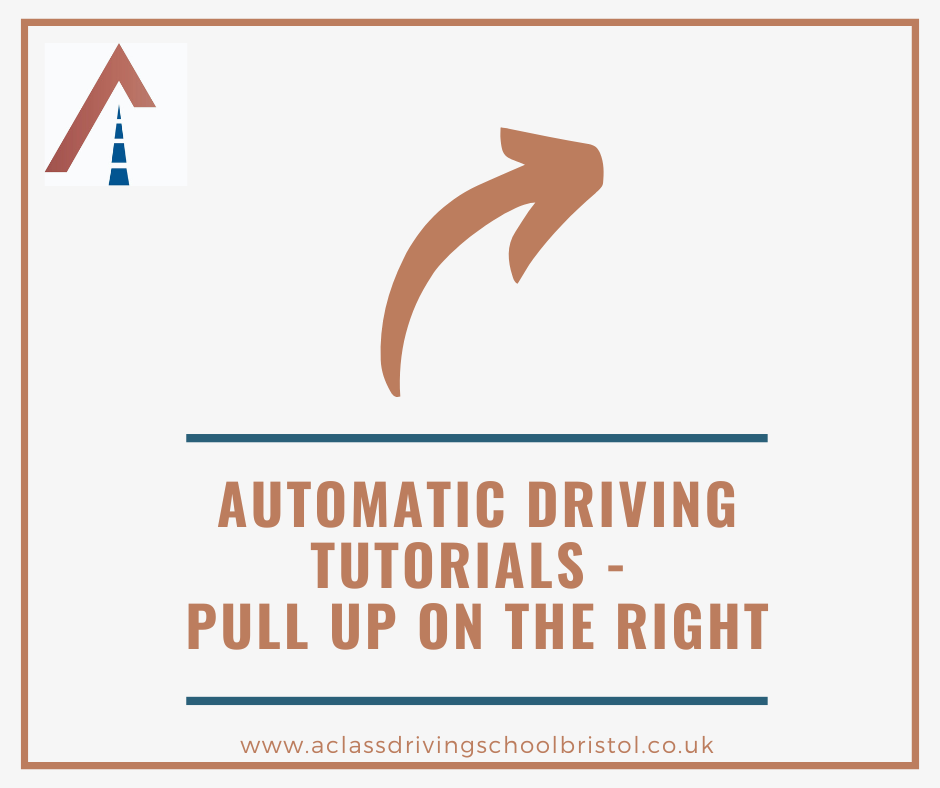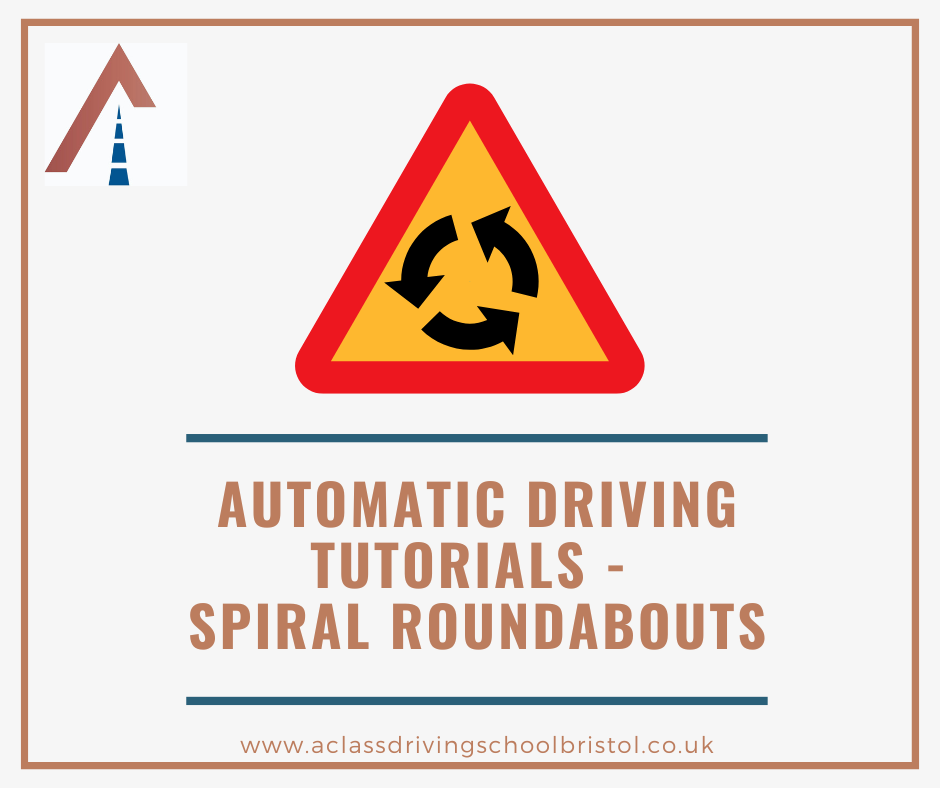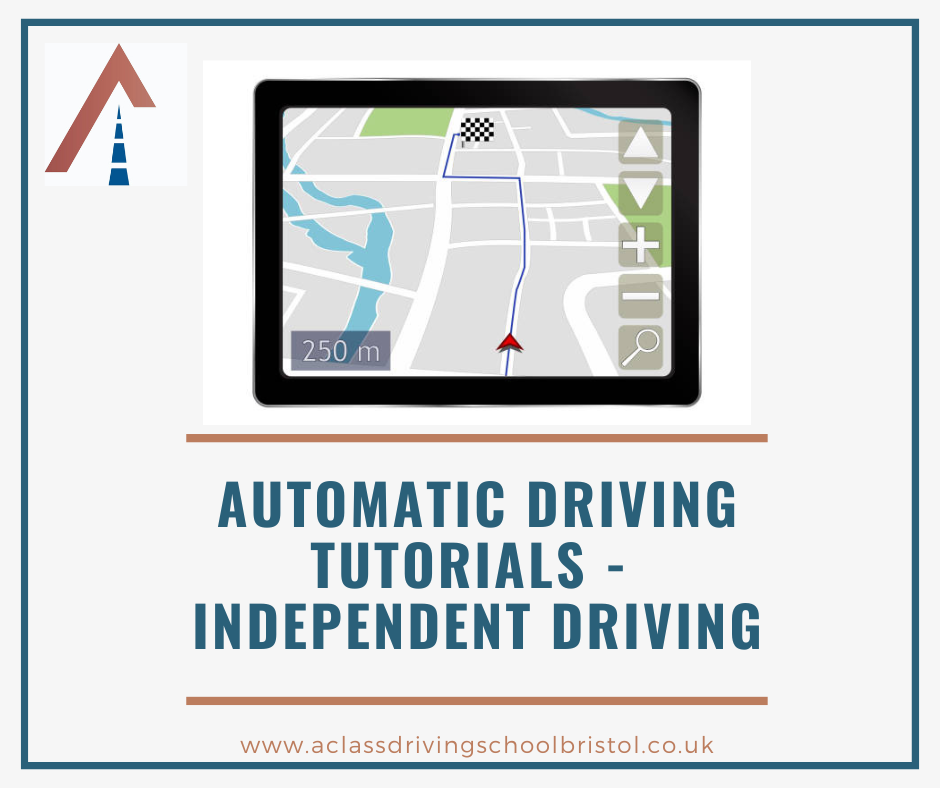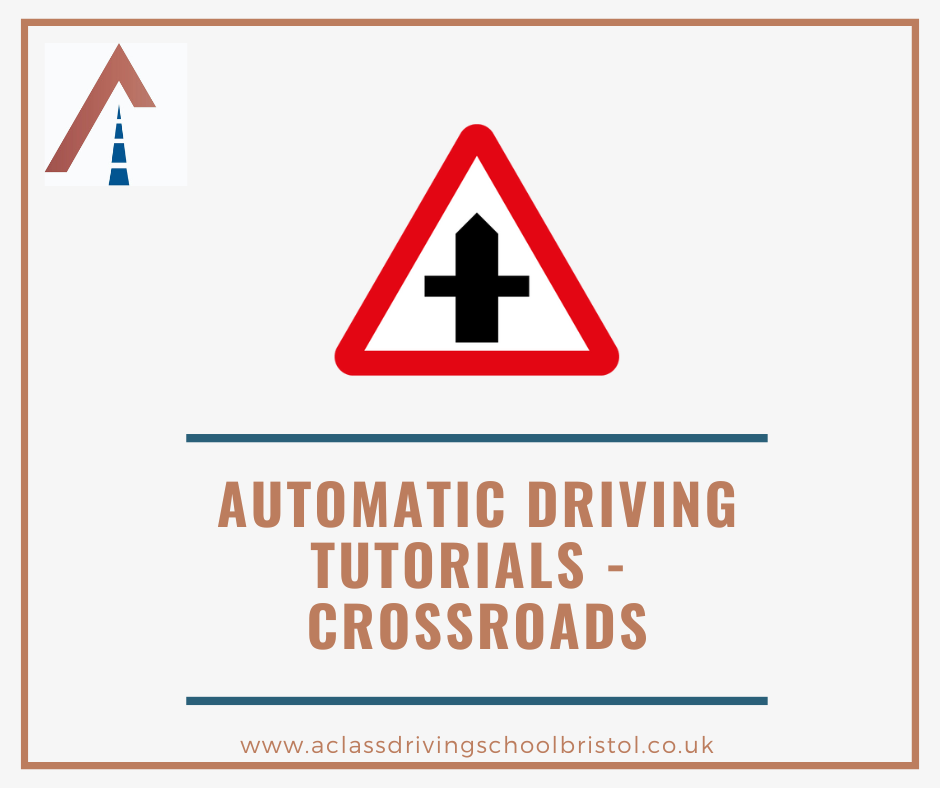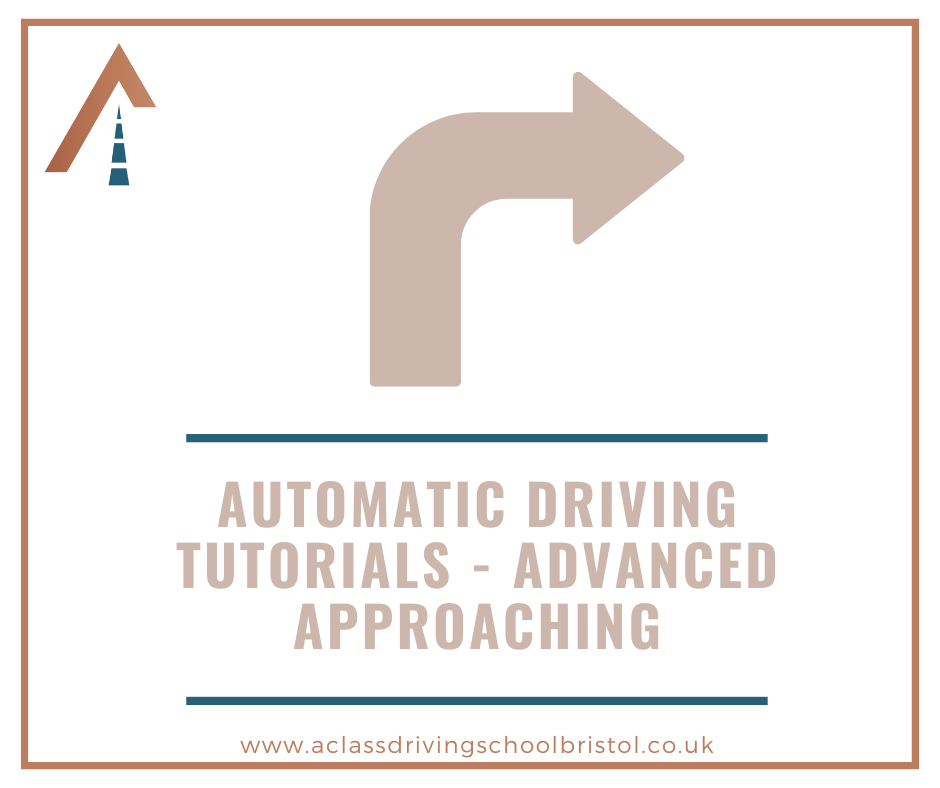Tips for driving safely under a summer storm
A-Class Driving School Bristol • 12 January 2021
In summer it is common to find isolated stormy processes of medium or strong intensity that can greatly complicate driving.
Therefore, we offer you some very useful recommendations if you have to drive, so you can do it with total safety.
- Follow all the signals carefully and increase the safety distance, at least 3 seconds with the vehicle in front.
- Always check the tire pressure (if we replace only two, we will install them on the rear axle). They must have adequate pressure: if they have less pressure, you will decrease their grip options, in case of rain, increasing the possibility of drift (transverse movements of the vehicle) and aquaplaning. Remember that this phenomenon occurs when the tire is not able to evacuate the water that accumulates in front of it when turning. The tires must evacuate between 5 and 10 liters of water per second, approximately, so when they are not able to do so, the water is placed under the tire by raising it and increasing the chances of losing control of the car.
- In the case of aquaplaning, you should stop accelerating and not move the steering wheel (as long as there is no loss of the initial trajectory). Nor do you brake sharply so as not to move the point of application of the weight forward as you would increase the likelihood of oversteer. But if in a situation, where you cannot avoid it and that oversteer occurs, keep calm and reduce the speed so that the tire has time to channel the excess water to the sides of the tire.
- Under storm situations, it is when you most appreciate the need for tires to have adequate drawing depth. The minimum is 1.6 mm in the tread grooves; However, in heavy rain, with a depth of 2 mm, medium tourism can suffer aquaplaning at speeds around 60 - 70 km / h.
- Do not wear warm clothes when driving, but do not do it with flat shoes like a flip flop and body. Better go in comfortable clothes and shoes that allow you to control the vehicle's pedals safely.
- Do not drink any alcohol, even in small quantities. It is necessary to hydrate, more in summer with high temperatures, but whenever it is with water or some soda.
- Turning on the road light is not highly recommended, although it is mandatory on interurban roads, poorly lit when we drive at more than 40km / h (and do not dazzle).
- Keep the wiper blades in good condition. Check before leaving that they have not been damaged by saltpeter, sand, dust, and leaves in suspension or the sun.
- Use the aerators directed towards the windshield to prevent fogging.
- Brakes from time to time to cause friction and keep the brakes dry.
- If you are on urban roads or in a hold, do not keep the rear fog on, it is very dazzling and you can prevent the vision of the driver who follows you.
- If you are driving under a thunderstorm, keep calm inside the vehicle. It is the safest place where you can be. Turn off the radio, close the windows and wait for a little before leaving the vehicle, if you have to. Keep in mind that if you drive in an urban center, the probability of being struck by lightning is practically zero, if not impossible. On out-of-town roads, that probability rises, so you should look for a safe place to park your vehicle so that your vehicle is not exposed in the path of lightning as the highest point. Look for buildings taller than the height of your vehicle or that have lightning rods.
Are you looking to pass your driving test as quickly as possible? At A-Class Driving School we can help.
We offer a 1, 2 and 4-week intensive driving course as well as semi-intensive driving lessons for learners in Bristol, Avonmouth, and Southmead.
We also offer Automatic car driving lessons that can be a quick, easy and cheaper way to earning your license. They could also be ideal for those who struggle with the concept of the clutch and gears in a manual vehicle.

